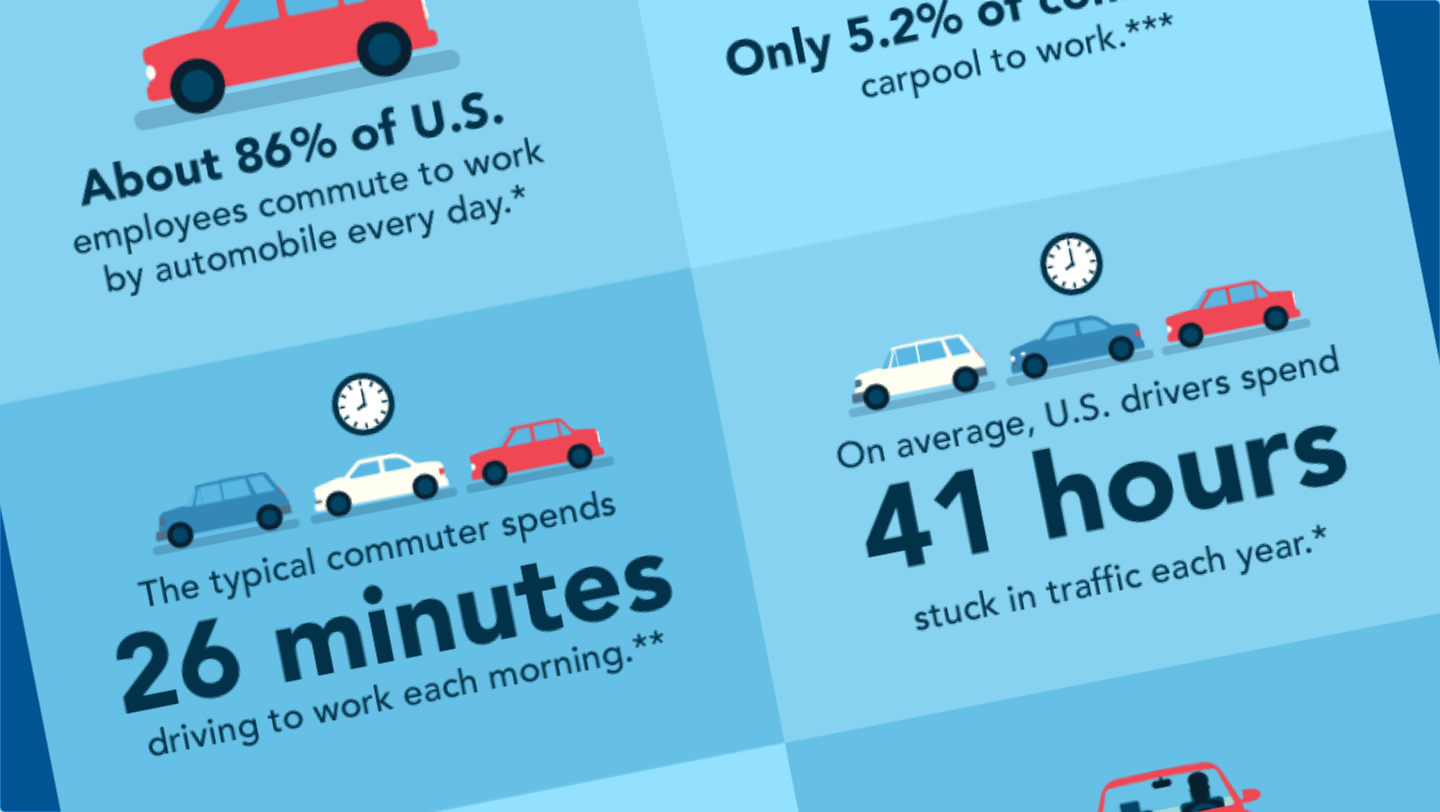Gernot Wagner: When you look at congestion, traffic congestion, you face a real issue with you getting the private benefit of hopping in your car and driving and incurring very little of the costs of the “damage” you cause for everybody else around you. Right? So you add one more car, congestion goes up.
Now, you are not really incorporating that cost in your private decision. For you personally, driving makes sense, otherwise you wouldn’t be doing it, right? That’s sort of, again, economic principle number one. You wouldn’t be doing it if it didn’t make sense to you. Your benefits are greater than your personal costs. Fine. But there are costs to society of you driving, right? There are pollution costs, there are congestion costs. Right? You driving on that bridge prevents someone else of being in that same spot as you are, and while every bridge has limited lanes and if you want to get into Manhattan there are only so many bridges to choose from and it’s kind of difficult to make the trip if there are millions and millions around you trying to make that trip during rush hour at exactly the same time.
So, what to do? Well it turns out, there is a system called Congestion Pricing that tries to incorporate these kinds of costs and tries to make you personally incorporate the costs of your decision to get up, get to your car and drive into Manhattan and compare the benefits, compare the costs and then look at the true dollar value of the cost of driving and say, “Well, it still makes sense to me because the benefits are more than the costs.” Or, sometimes, of course, you would say, “Actually, it makes more sense to hop in a subway; it makes more sense to telecommute, perhaps. It makes more sense to maybe take a bus instead of drive” because the costs now to you personally would be lower taking public transport as opposed to sitting in a car idling and causing that pollution damage, causing that congestion cost, shoving that off onto everybody else.
Directed / Produced by
Jonathan Fowler & Elizabeth Rodd
Gernot Wagner is an economist at the Environmental Defense Fund. He teaches at Columbia and graduated from both Harvard and Stanford. He doesn't eat meat, doesn't drive, and knows full[…]
▸
3 min
—
with
Related
Robinson v. California helped to established a rehabilitative ideal: addiction should be dealt with as a therapeutic matter.
Air pollution poses “a significant risk to brain development” according to researchers.
Between the noise and frustration, we’re suffering more than ever.
Infographics present data about how much we commute, how much time and money we spend in traffic, and what we think should be done about it.
MIT researchers have designed a fleet of autonomous boats that offer high manoeuvrability and precise control.





